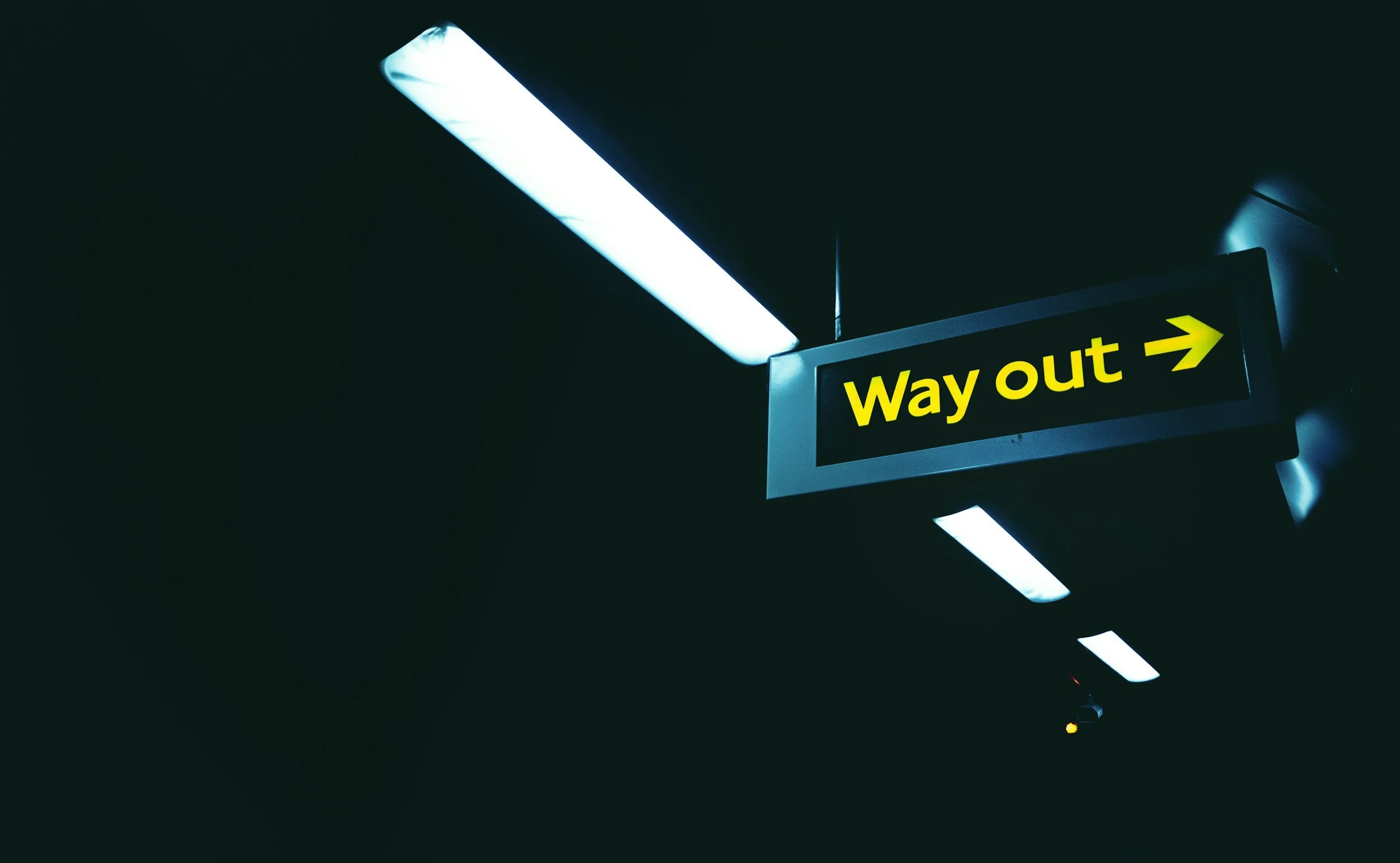When Alcohol or Drugs No Longer Work: Finding a Way Out of Addiction
For many who struggle with addiction, alcohol or mind-altering substances start as an escape—a way to numb pain, relieve stress, or find temporary relief from life's challenges. At first, these substances may seem to "work," delivering the desired effect. But over time, something changes. The relief fades, the symptoms persist, and instead of providing comfort, the substance begins to work against you. This turning point is both terrifying and clarifying—it’s the moment when addiction reveals its true nature.
As an addiction specialist, I’ve witnessed how devastating this realization can be. However, it can also be an opportunity—a moment where you recognize the need for change and take steps toward true healing. If you've reached the point where alcohol or drugs no longer provide the escape they once did, and yet stopping feels impossible, here’s what you can do to find a way out.
Understanding the Shift: Why Substances Stop “Working”
The body and mind adapt to substance use over time, leading to physical, emotional, and neurological changes:
1. Tolerance Build-Up – The brain becomes accustomed to the substance, requiring more to achieve the same effect. Eventually, no amount will produce the desired relief.
2. Chemical Dependency – The brain rewires itself to depend on the substance for normal functioning. When it’s absent, withdrawal symptoms and emotional distress emerge.
3. Emotional Dysregulation – Instead of relieving pain, substances start causing anxiety, depression, paranoia, or anger. What once felt like a solution now fuels the problem.
4. Loss of Control – The ability to moderate or stop fades, and cravings take over. The substance dictates behavior, leading to destructive cycles that feel impossible to escape.
Breaking Free: Options for Recovery
1. Medical Detox and Professional Treatment
- What it does: Safely helps the body withdraw from substances under medical supervision.
- Why it’s needed: Withdrawal can be dangerous; professional detox prevents severe symptoms and provides a foundation for recovery.
2. Therapy and Counseling
- What it does: Helps uncover the underlying reasons for addiction, teaches coping strategies, and supports emotional healing.
- Why it’s effective: Addiction isn’t just physical—it’s deeply psychological. Therapy addresses trauma, stress, and behavioral patterns that fuel addiction.
3. Medication-Assisted Treatment (MAT)
- What it does: Certain medications help reduce cravings and withdrawal symptoms (e.g., naltrexone for alcohol, buprenorphine for opioids).
- Why it’s helpful: Supports recovery by minimizing physical discomfort and compulsive urges.
4. Support Groups and Community Recovery Programs
- What it does: Provides connection, accountability, and shared experiences (Alcoholics Anonymous, SMART Recovery, Narcotics Anonymous).
- Why it’s powerful: Isolation fuels addiction, but support groups provide encouragement, structure, and peer understanding.
5. Lifestyle Changes and Holistic Healing
- What it does: Engages activities that foster emotional resilience—exercise, mindfulness, nutrition, and social connections.
- Why it’s important: Recovery is more than abstaining; it’s about creating a new, fulfilling life.
Overcoming the Fear of Stopping
Many fear that without substances, life will become unbearable. While withdrawal and early recovery can be difficult, they are temporary. The pain of addiction lasts indefinitely, while the challenges of recovery lead to lasting freedom. You don’t have to do this alone—help is available, and change is possible.
Conclusion
When alcohol or drugs stop working, addiction exposes its true cost. But this moment—though frightening—is also an opportunity. It’s the point where real healing can begin. Seeking help, committing to recovery, and embracing new coping mechanisms can open the door to a life free from addiction’s grip. You may feel trapped today, but there is a way out. You are stronger than the substance, and you don’t have to fight this battle alone.
---
Additional Resources
- SAMHSA National Helpline: 24/7 confidential support for substance abuse treatment options.
- Alcoholics Anonymous & Narcotics Anonymous: Peer-based recovery support meetings.
- Therapist Directory: Find addiction specialists near you.
Recovery is hard, but staying trapped in addiction is harder. Choose healing—one step at a time.

